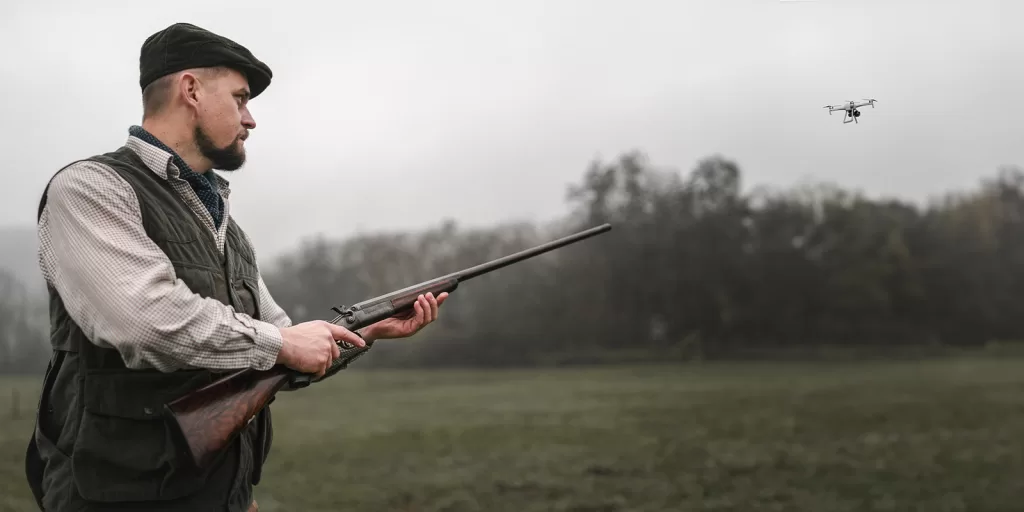
In today’s dynamic world, drones have emerged as transformative tools, revolutionizing industries from agriculture to disaster response. However, as their prevalence soars, so too does the complexity of the legal landscape surrounding these unmanned aircraft. Drone operators must grapple with intricate legal questions, especially when it comes to protecting their investments and rights.
This article is a deep dive into the intricate legal web surrounding drone operations in the United States. It underscores the critical importance of not just comprehending but also adhering to the regulations set forth by the Federal Aviation Administration (FAA). Beyond mere understanding, we’ll delve into the dire legal consequences that await those who engage in the unlawful act of shooting down a drone.
Let’s start by exploring the Federal Aviation Administration’s (FAA) unwavering stance on shooting down drones and the far-reaching implications of this act, from federal offenses to felony charges. We’ll also uncover the potential civil liabilities individuals may face, including compensation claims and privacy violations. Furthermore, we’ll provide responsible alternatives to illegal actions, equipping you with the knowledge to protect your drone investment and navigate the complex legal terrain.
In a rapidly evolving industry, safeguarding your drones and ensuring you’re well-versed in the law is paramount. So, let’s take flight into the realm of legal risk management and mitigation for your drone service business.
Federal Regulations Regarding Shooting Down a Drone
Let’s dive even deeper into the FAA’s regulations and the far-reaching consequences of shooting down a drone:
- FAA’s Stance on Shooting Down Drones: The FAA’s position on this matter is categorical, rooted in principles of aviation safety and the necessity of following established aviation rules. Shooting down a drone is not a mere discouragement; it is explicitly prohibited. Any attempt to shoot down a drone is viewed as a direct violation of federal law and is treated with the utmost seriousness.
- Drones as Protected Aircraft: The FAA’s classification of drones as aircraft is a pivotal aspect of understanding the gravity of this issue. It asserts that drones, regardless of their compact size and absence of a human pilot, are entitled to the same level of legal protection as traditional manned aircraft. This classification underscores that shooting down a drone is not a minor act of damaging a piece of equipment but an action tantamount to damaging a fully-fledged aircraft. Consequently, the legal consequences are proportionately severe.
- Potential Felony Charges: It’s crucial to emphasize that the act of shooting down a drone transcends the realm of misdemeanor offenses. It is classified as a federal offense, which may lead to felony charges against those responsible. Individuals found guilty of this offense may face not only imprisonment for several years but also substantial fines. These penalties bear a significant personal, legal, and financial burden.
Now, let’s delve into the drone glossary, equipping you with the terminology you need to succeed in the commercial drone industry.
Civil Liability
Now, let’s delve even deeper into the civil liabilities individuals may encounter when involved in the act of shooting down a drone:
- Damages to the Drone Operator: Beyond criminal repercussions, individuals who shoot down drones may find themselves embroiled in civil lawsuits. The drone operator has the legal right to seek compensation, which may encompass not only the cost of the drone itself but also any attached equipment. Additionally, any income lost due to the inability to operate the drone during the period of repairs or replacement may be factored into compensation claims. The potential financial consequences of such claims can be substantial, potentially posing a risk to personal finances.
- Invasion of Privacy: It is paramount to understand that shooting down a drone can extend beyond financial liabilities; it may also infringe upon the privacy rights of the drone operator and individuals captured within the drone’s footage. This infringement can lead to further legal actions and the imposition of financial penalties. Privacy rights are highly valued and legally protected, making any violation a serious matter, both in terms of the law and potential financial repercussions.
Alternatives to Shooting Down Drones
Instead of resorting to illegal actions, individuals concerned about drones flying over their property or violating their privacy have legitimate alternatives:
- Contacting Local Law Enforcement: When confronted with a drone-related issue, it is advisable to contact local law enforcement agencies. These agencies possess the expertise to assess the situation and take appropriate legal action within the bounds of the law. This responsible and lawful approach serves as a critical method of addressing concerns.
- Pursuing Civil Remedies: For individuals who believe their privacy has been infringed upon, pursuing civil remedies remains a lawful course of action. This can entail filing a lawsuit, such as one for invasion of privacy, or seeking a restraining order against the drone operator. These legal actions offer a lawful means of protecting one’s rights without resorting to criminal behavior.
What to Do When Someone Shoots at Your Drone
At Aerial Northwest, we understand the importance of safeguarding your drone investment. Drones have become an integral part of various industries, from aerial photography and videography to agriculture and surveying. Unfortunately, as the popularity of drones continues to rise, so do the instances of irresponsible individuals taking aim at these valuable devices.
The following precepts serve as to outline the necessary steps to take if someone shoots at your drone. Our aim is to equip you with the knowledge and tools needed to protect your investment, ensure your safety, and address any legal issues that may arise.
Assess the Situation
Stay Calm: Maintaining composure is paramount when faced with such a situation. Your ability to think clearly and make informed decisions can greatly impact the outcome.
Locate the Culprit: If possible, attempt to identify the individual responsible for shooting at your drone. Keep a safe distance and prioritize your safety.
Ensure Safety First
Land Your Drone: If your drone is still operational, land it immediately to prevent any further damage or potential accidents.
Notify Authorities: Contact your local law enforcement agency and report the incident. Provide them with as much information as possible, including the location and any identifying details about the culprit.
Document the Incident
Gather Evidence: Take photographs and videos of the scene, including any damage to your drone. This evidence can be crucial for insurance claims and legal proceedings.
Collect Witnesses: If there were any witnesses to the incident, obtain their contact information. Their statements may be valuable in supporting your case.
Legal Considerations
Consult with an Attorney: Seek legal counsel to understand your rights and options. Laws regarding drone-related incidents can vary by location, so it’s essential to have expert guidance.
File a Police Report: Ensure that a formal police report is filed, detailing the incident and any damages caused.
Insurance Claims
Contact Your Insurance Provider: If you have drone insurance, reach out to your provider and initiate a claim. Provide them with all the necessary documentation and information.
Repair or Replace: Once your claim is approved, you can proceed with repairing or replacing your damaged drone, minimizing financial losses.
Preventive Measures
Fly Responsibly: Always adhere to local laws and regulations when flying your drone. Avoid flying in restricted or sensitive areas to reduce the risk of such incidents.
Educate Others: Promote responsible drone usage within your community to raise awareness and prevent future incidents.
Conclusion: The Takeaway
In this ever-evolving landscape where drones have evolved from novelties into indispensable tools across various sectors, this article has illuminated the intricate legal aspects surrounding the act of shooting down a drone in the United States. It has underscored the importance of comprehending and adhering to the Federal Aviation Administration (FAA) regulations, emphasizing the gravity of violating these rules. Shooting down a drone isn’t a minor transgression; it’s a federal offense with the potential for felony charges and severe financial penalties.
Beyond the legal realm, this article has shed light on the civil liabilities, including compensation claims and privacy infringements, that individuals may face. However, it also provides a responsible alternative: contacting local law enforcement or pursuing civil remedies. Ultimately, safeguarding your drone investment and understanding your legal rights are imperative in this era of burgeoning drone usage.
Fly responsibly, educate others, and contribute to a safer drone-flying environment for all.
Be smart, safe, and forever fly!
If you have any questions, let us know! If you’d like to hire us, you can get more information here.
Written by: Tony Marino, MBA – FAA Certified Part 107 Commercial Drone Pilot and Chief Business Strategist at Aerial Northwest
Disclaimer: The information provided in this blog post is for general informational purposes only and should not be construed as legal advice.
Resources
- Cornell Law School: 18 U.S. Code § 32 – Destruction of aircraft or aircraft facilities.
- Is It a Crime to Fly a Drone Over Another’s Private Property?
- Is It Illegal To Shoot Down A Drone Flying Over Your Property?
- FAA DroneZone
- Article: 72-year-old Arrested for Shooting at Walmart Delivery Drone
- Video: Arrest for Shooting Drone
Starting Your Own Drone Service Business
Pick up your copy today on Amazon and wherever fine books are sold.
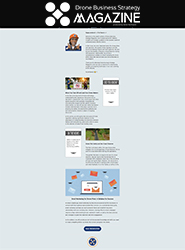
DRONE BUSINESS STRATEGY MAGAZINE
A free digital publication made exclusively for all small business drone pilots to them help start-up, become profitable while sustaining a competitive advantage within the drone service industry sector they opt to serve.
“If you love to fly, we’d love to have you come aboard!”
We share your information with no one. Our Privacy Policy.


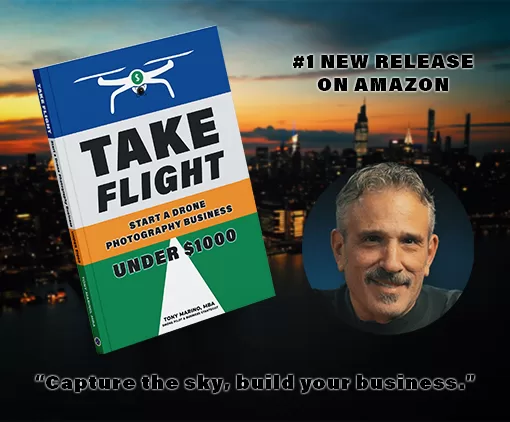
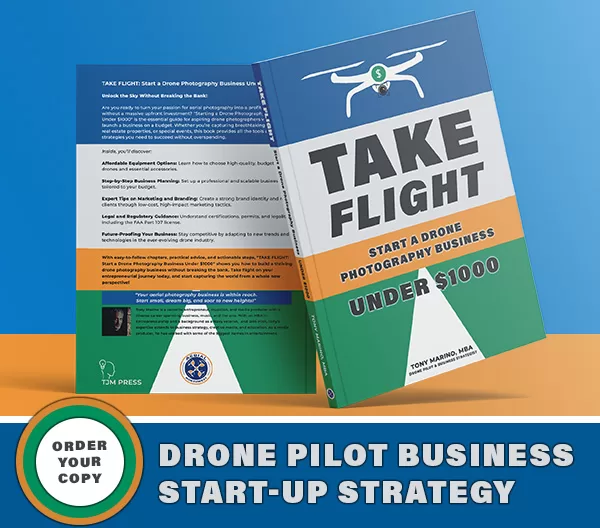





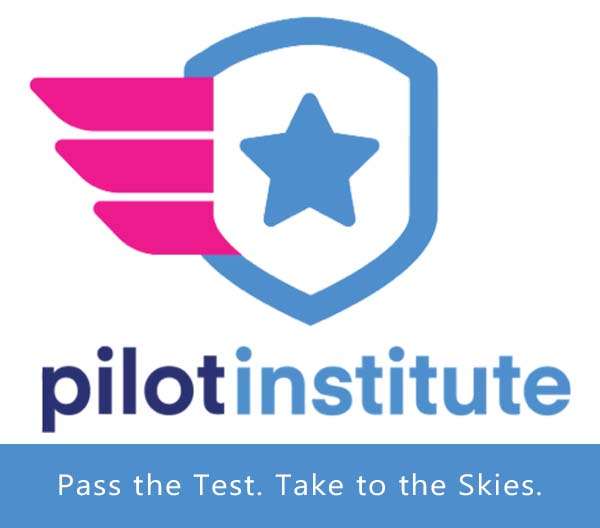
Leave a Reply
Your email is always safe with us.